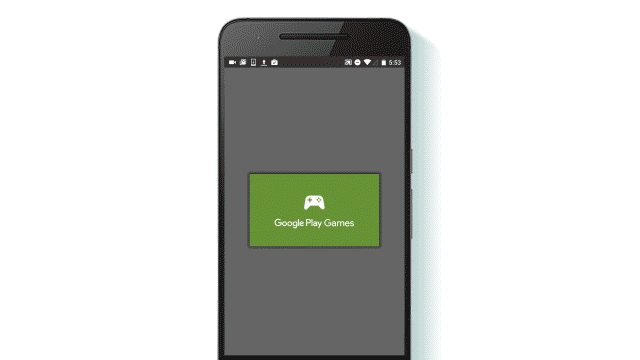Until today, you needed a Google+ account to use Google Play Games, Google’s online gaming service for bringing online multiplayer gaming, video recordings and social features like profiles and leaderboards to Android games.
Today, Google is launching an update to Play Games, however, that removes this requirement. All you need to sign up now is a regular Google account and instead of having to use your real name (or at least the one associated with your Google+ profile), you can now choose any random Gamer ID and avatar to represent you.
Google tells me these changes will roll out globally over the course of the next week, so if you don’t see it right away, just give it a few more days.
Google is also now making it easier to sign into Play Games. Instead of having to sign in for every game separately, all you have to do now is sign in once for your account. After that, you’ll be automatically signed in when you install a new app and start a new game.
As Google product manager Benjamin Frenkel (who now goes by the Gamer ID of ‘Caldorf’ on Google Play Games) told me, Google made these changes to improve the social experience and to remove as much friction as possible — though this is also obviously part of Google’s overall process of consciously uncoupling its services from Google+.
As Frenkel told me, your Gamer ID is linked to your email address and you will be able to search for your friends by their email addresses (and, of course, their Gamer IDs). As Google notes, though, you can always choose whether to make your Play Games activity and profile public or private and whether others can find you by your real name and email address.Starting today, you can choose a new Gamer ID in the Google Play Games app. If you already have a Play Games account, you will also be asked to set up a Gamer ID the next time you sign into a new game that is Play Games enabled.
To personalize your account, you can now also choose from over 40 avatars to represent you in Play Games. For now, you can’t customize these avatars, but Frenkel left the door open for more customization options to arrive in the future.
Google says most developers won’t have to make any changes to their games, unless they added some additional scopes to the sign-in process. All those developers would have to do is to remove these extra calls, though, and the process should just work for their apps, too.


Comments
Post a Comment